Filter by
The language used throughout the course, in both instruction and assessments.
Results for "newton's method"
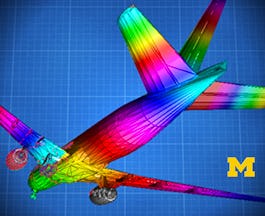
University of Michigan
Skills you'll gain: Algebra, Continuous Integration, Critical Thinking, Problem Solving, Computer Programming
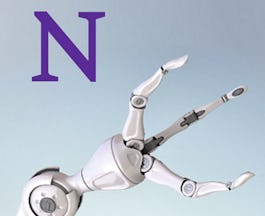
Northwestern University
Skills you'll gain: Machine Controls, Mathematical Modeling, Engineering Calculations, Engineering, Mechanics, Mechanical Engineering, Artificial Intelligence, Embedded Software, Engineering Analysis, Automation, Numerical Analysis, Manufacturing and Production, Process Control, Simulation and Simulation Software, Virtual Environment, Graph Theory, Torque (Physics), Algorithms, Simulations, Matlab
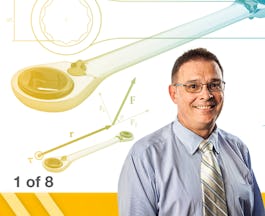 Status: Free
Status: FreeGeorgia Institute of Technology
Skills you'll gain: Engineering Analysis, Mechanics, Torque (Physics), Engineering Calculations, Mechanical Engineering, Engineering, Civil Engineering, Structural Analysis, Physics
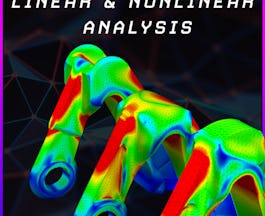
Coursera Project Network
Skills you'll gain: Finite Element Methods, Engineering Analysis, Simulation and Simulation Software, Simulations, Mechanical Design, Structural Analysis, Engineering Design Process
 Status: [object Object]
Status: [object Object]Google
Skills you'll gain: Data Storytelling, Rmarkdown, Data Visualization, Data Presentation, Data Ethics, Interactive Data Visualization, Data Cleansing, Interviewing Skills, Data Validation, Ggplot2, Tableau Software, Presentations, Spreadsheet Software, Data Analysis, Data Visualization Software, Stakeholder Communications, Dashboard, Sampling (Statistics), Analytics, Stakeholder Management
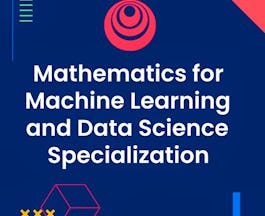
DeepLearning.AI
Skills you'll gain: Descriptive Statistics, Bayesian Statistics, Statistical Hypothesis Testing, Probability & Statistics, Sampling (Statistics), Probability Distribution, Probability, Linear Algebra, Statistical Inference, A/B Testing, Statistical Analysis, Applied Mathematics, NumPy, Calculus, Dimensionality Reduction, Machine Learning, Jupyter, Python Programming, Data Manipulation, Data Science
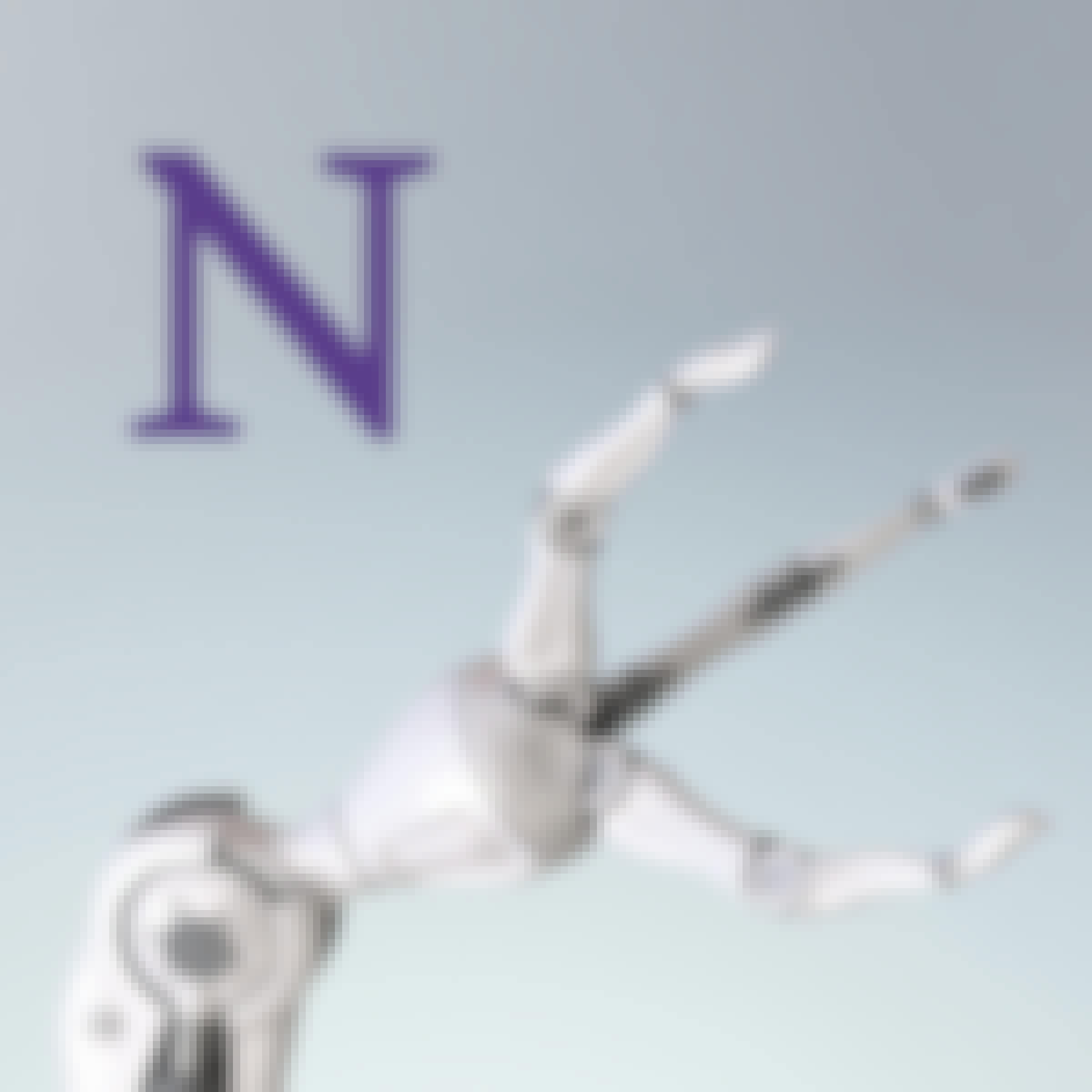
Northwestern University
Skills you'll gain: Engineering, Mechanics, Mathematical Modeling, Simulation and Simulation Software, Engineering Analysis, Matlab, Applied Mathematics, Physics, System Configuration, Angular
 Status: Free
Status: FreeGeorgia Institute of Technology
Skills you'll gain: Structural Analysis, Structural Engineering, Engineering Analysis, Mechanical Engineering, Mechanics, Engineering, Civil Engineering
 Status: Free
Status: FreeStanford University
Skills you'll gain: Descriptive Statistics, Statistics, Statistical Methods, Sampling (Statistics), Statistical Analysis, Data Analysis, Statistical Hypothesis Testing, Regression Analysis, Statistical Inference, Probability, Exploratory Data Analysis, Quantitative Research, Probability Distribution, Correlation Analysis
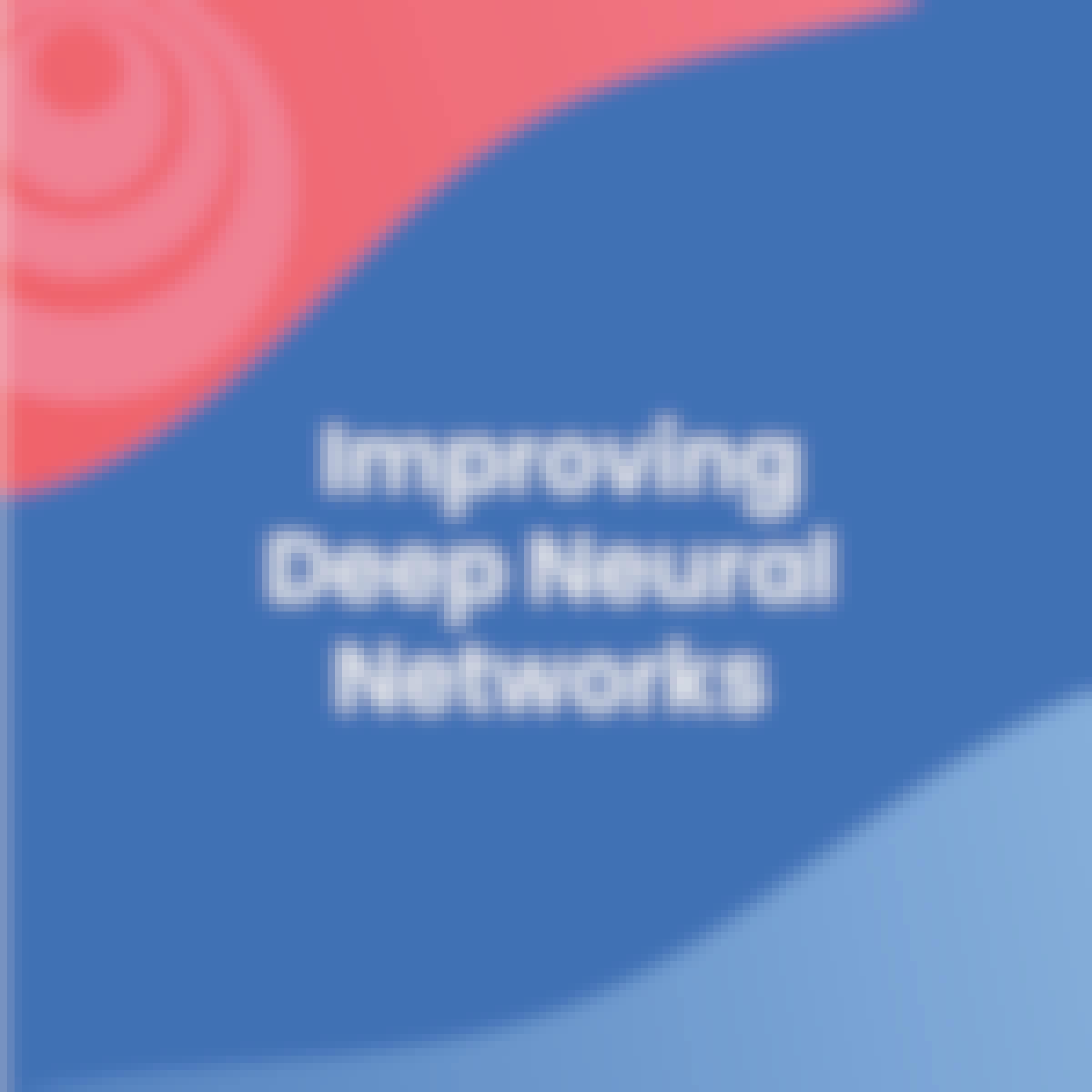
DeepLearning.AI
Skills you'll gain: Tensorflow, Deep Learning, Artificial Intelligence and Machine Learning (AI/ML), Performance Tuning, Machine Learning Methods, Artificial Neural Networks, Applied Machine Learning, Machine Learning, Supervised Learning, Machine Learning Algorithms, Network Architecture, Algorithms, Analysis, Debugging
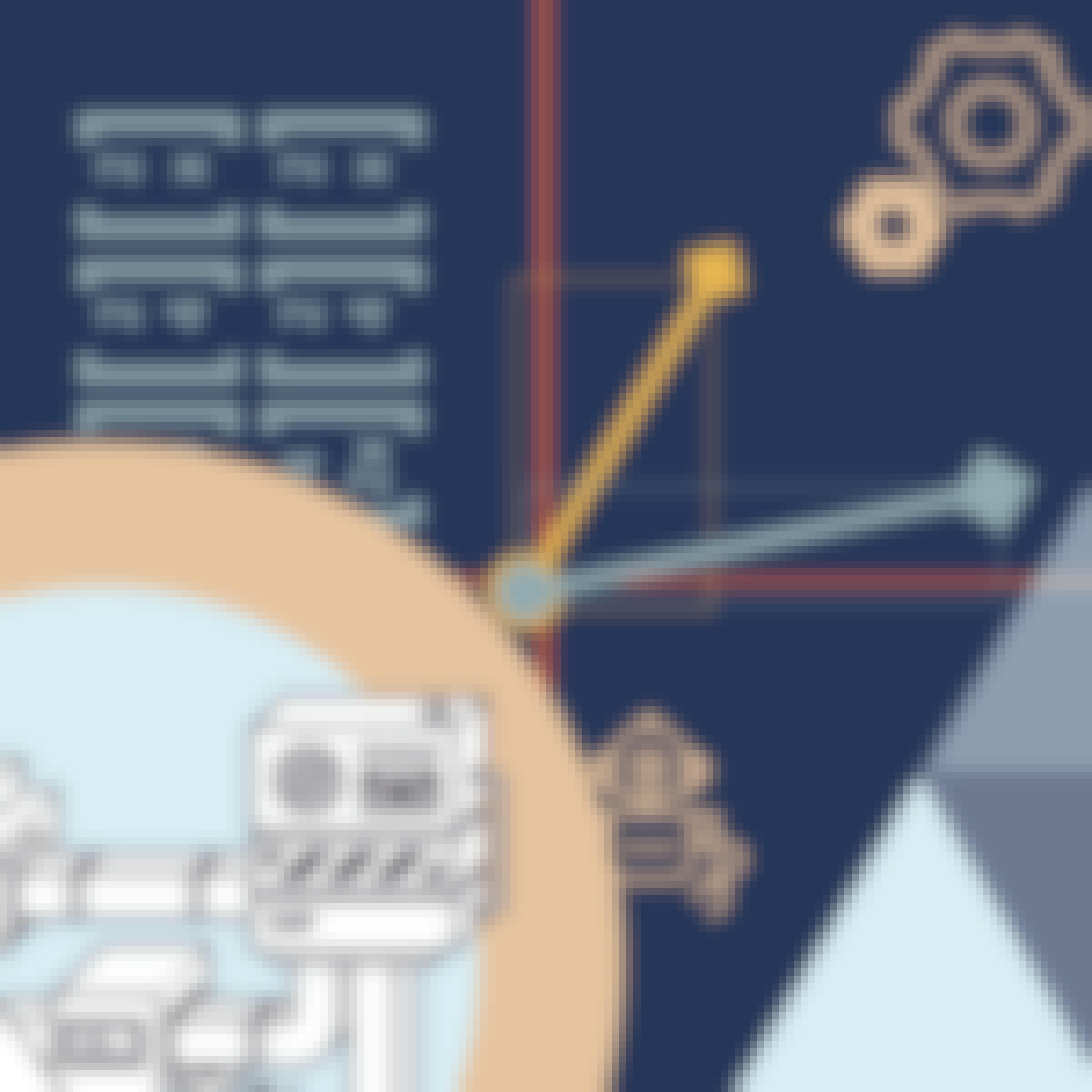
Imperial College London
Skills you'll gain: Linear Algebra, NumPy, Applied Mathematics, Data Transformation, Data Science, Machine Learning Methods, Algorithms, Data Manipulation, Python Programming
 Status: Free
Status: FreeUniversity of London
Skills you'll gain: Research, Peer Review, Research Reports, Research Methodologies, Writing, Research Design, Timelines, Data Collection, Ethical Standards And Conduct
In summary, here are 10 of our most popular newton's method courses
- The Finite Element Method for Problems in Physics: University of Michigan
- Modern Robotics: Mechanics, Planning, and Control: Northwestern University
- Introduction to Engineering Mechanics: Georgia Institute of Technology
- FEM - Linear, Nonlinear Analysis & Post-Processing: Coursera Project Network
- Google Data Analytics: Google
- Mathematics for Machine Learning and Data Science: DeepLearning.AI
- Modern Robotics, Course 1: Foundations of Robot Motion: Northwestern University
- Applications in Engineering Mechanics: Georgia Institute of Technology
- Introduction to Statistics: Stanford University
- Improving Deep Neural Networks: Hyperparameter Tuning, Regularization and Optimization: DeepLearning.AI










